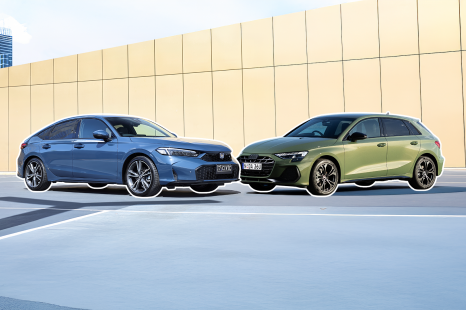

Andrew Maclean
3 Days Ago
Hyundai isn't slowing down its investment in EVs, but it is planning to double its hybrid lineup and introduce a new powertrain to bridge the gap between the two.
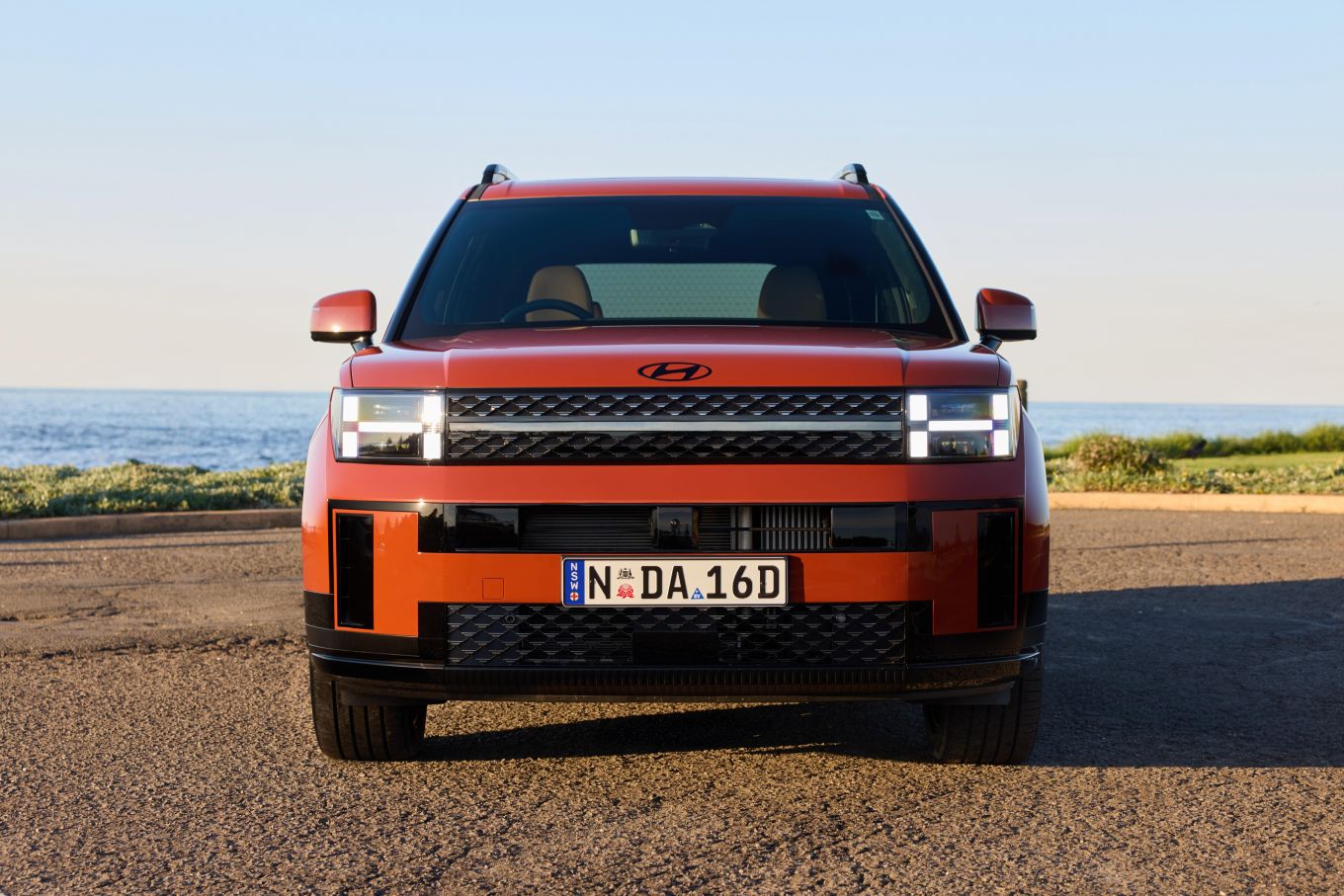
Hyundai has set ambitious goals for its electric vehicles (EVs), but it isn’t forgetting hybrids in the process.
On the contrary, Hyundai plans to double its existing hybrid lineup to a total of 14 vehicles across both its namesake and Genesis brands. Genesis has never sold hybrid vehicles before.
This expansion follows the cooling of EV demand in some markets.
100s of new car deals are available through CarExpert right now. Get the experts on your side and score a great deal. Browse now.
Hyundai Motor Company made a series of announcements on its medium- to long-term electrification strategy as part of its 2024 CEO Investor Day this week.
It says that while it recognises EVs are “the future of transportation”, not all customers are ready to make the switch. In the meantime, it’ll offer internal-combustion engine (ICE), hybrid, plug-in hybrid, electric, and hydrogen fuel-cell vehicles.
From 2024 to 2033, Hyundai Motor is investing KRW 120.5 trillion (~A$133 billion) – 11.1 trillion (~$12bn) more than what was announced last year. Just under half of this, or KRW 54.5 trillion (~A$60bn), is earmarked for research and development.
It expects to achieve equal profit parity across its entire powertrain lineup by 2030, and is targeting operating profit margin of over 10 per cent by the same year.
Bridging the gap between its hybrids and EVs will be new extended-range electric vehicles (EREVs), aimed at North America and China.
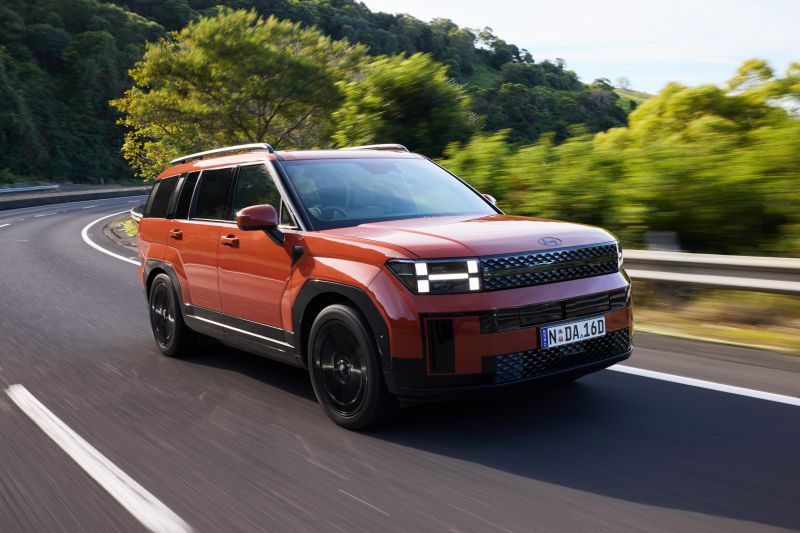
These are said to combines the advantages of both combustion- and electric-powered vehicles, and will use a new powertrain and power electronics system.
The EREVs will feature all-wheel drive and two electric motors, with the petrol engine to be used only as a generator to power the battery. Hyundai is claiming a combined range of over 900km when fully charged.
This allows Hyundai to use an existing engine to reduce costs, while giving buyers an “EV-like driving experience” that allows them to “naturally transition to EVs during future demand recovery periods”.
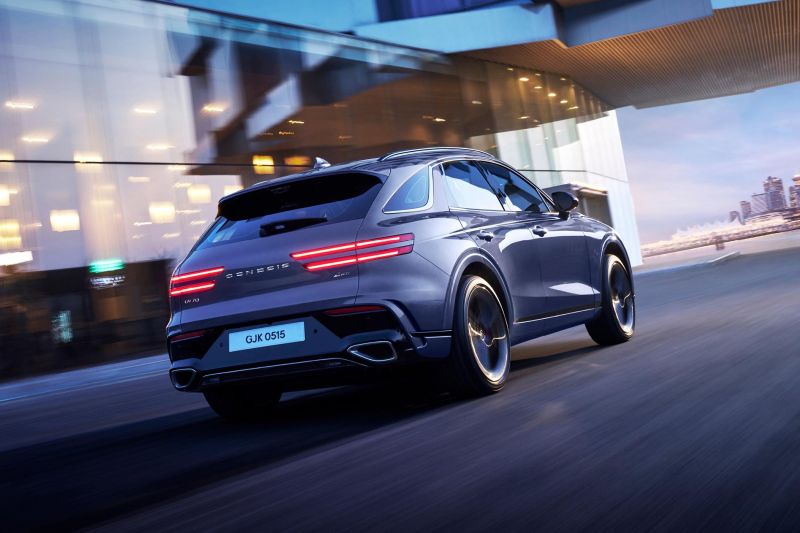
It plans for mass production of the new EREV to begin in those markets by the end of 2026, with sales commencing in 2027.
In North America, Hyundai says it will initially launch ‘D-class’ SUV models with EREV powertrains for both the Hyundai and Genesis brands, with a target of 80,000-plus units.
That suggests Hyundai could look to offer EREV counterparts to the existing Hyundai Santa Fe and Genesis GV70.
In China, Hyundai says it will introduce an economical C-segment platform (think: Hyundai i30), targeting annual sales volumes of over 30,000 units.
Hyundai is working on a new-generation TMED-II hybrid system to replace its existing TMED system.
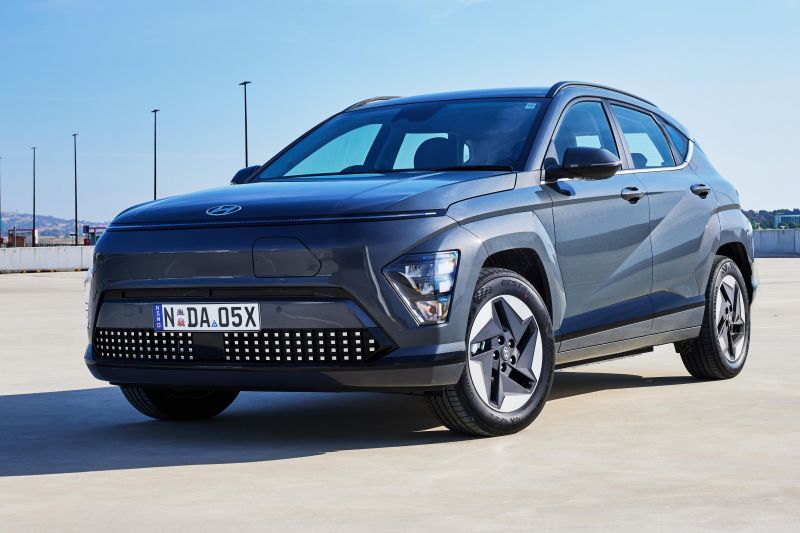
This will be introduced in production vehicles starting from January 2025.
It will be used by a total of 14 vehicles across the Hyundai and Genesis brands, with the latter brand to offer a hybrid powertrain in all model lineups apart from those that are already exclusively electric.
Hyundai says TMED-II vehicles will offer smart regenerative braking and vehicle-to-load (V2L) technology, the latter of which allows owners to power external appliances using the vehicle’s battery.
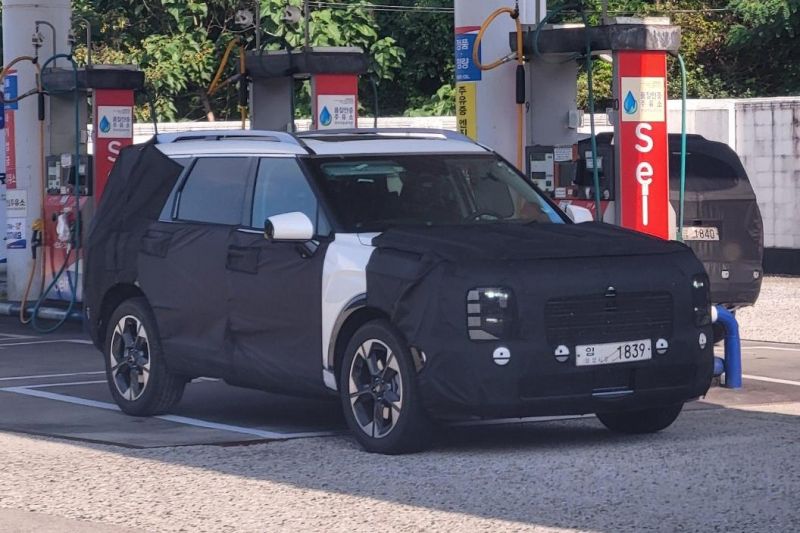
With the expansion of its hybrid lineup, Hyundai is naturally aiming to increase sales. It wants to sell 1.33 million hybrids annually by 2028, an increase over 40 per cent compared with its global sales plan from the previous year.
It’s anticipating a surge in hybrid demand, particularly in North America where it expects to sell 690,000 hybrids annually by 2030.
It’ll build hybrids alongside EVs in the US, and has “secured a versatile production system and parts supply network making full use of its major global factories”.
By 2030, Hyundai plans to offer 21 separate EVs, with total sales volumes of two million vehicles globally as EV demand recovers.
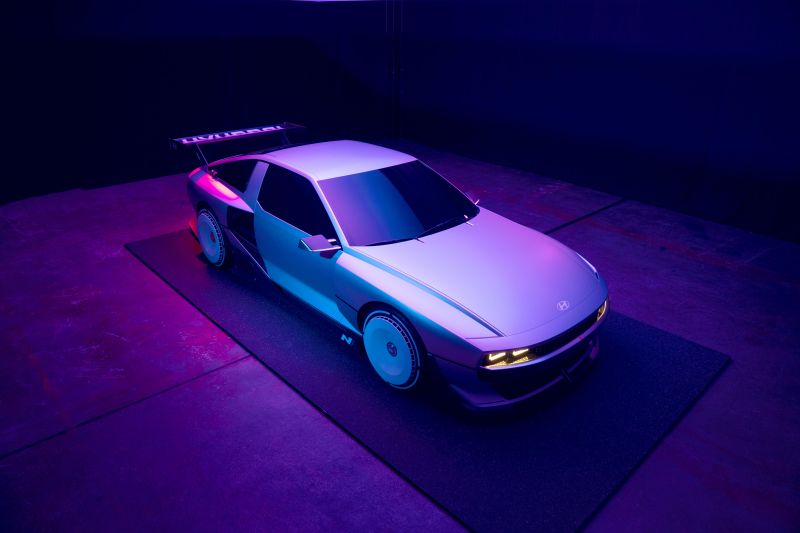
In that same year, it plans to sell 5.5 million vehicles overall, up from 4.21 million vehicles in 2023 – a figure that was still enough to see Hyundai Motor Group become one of the three best-selling carmakers in the world.
Hyundai says it will expand its lineup of high-performance N-badged EVs. It currently offers just one, the Ioniq 5 N.
It’s also planning to put the N Vision 74 concept into production, albeit with electric instead of hydrogen power.
Hyundai is opening a plant in the US that will build both hybrids and EVs this year, and a dedicated EV factory in Ulsan, South Korea by 2026. This will allow it to expand production capacity for EVs by 500,000 units.
It’s planning to speed up the development of next-generation batteries, including solid-state batteries, and is looking to introduce battery cell-to-vehicle (CTV).
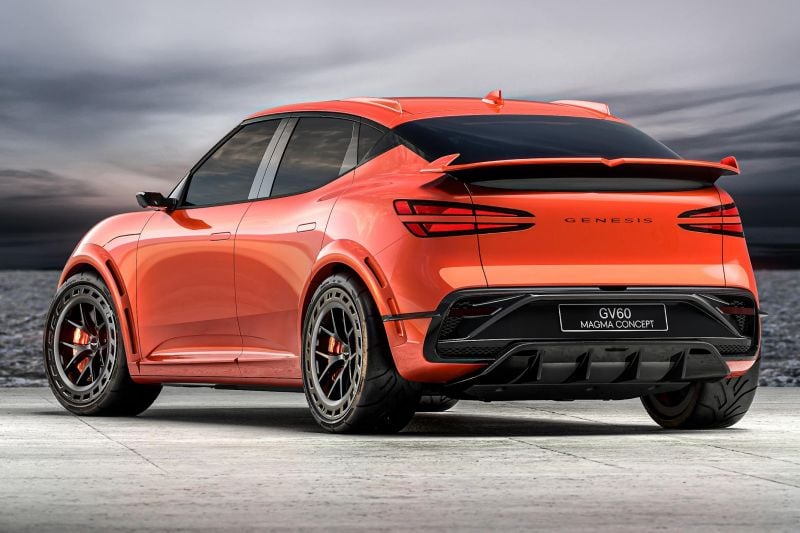
This sees the battery and vehicle body structure integrated, which it says can improve performance and allow for EVs up to 10 per cent lighter than those featuring a cell-to-pack (CTP) system.
By 2030, it plans to offer not only its current ‘performance-based’ nickel cobalt manganese (NCM) and low-cost lithium iron phosphate (LFP) batteries, but also a new, more affordable NCM battery.
It says this will be implemented first in volume models, and anticipates a battery performance enhancement of over 20 per cent by 2030 through ongoing improvements in battery energy density.
Other battery advancements include battery life management functions based on AI models, and new advanced cooling technology that can suppress flames inside the battery. The latter will be rolled out to production vehicles by 2026.
William Stopford is an automotive journalist based in Brisbane, Australia. William is a Business/Journalism graduate from the Queensland University of Technology who loves to travel, briefly lived in the US, and has a particular interest in the American car industry.


Andrew Maclean
3 Days Ago
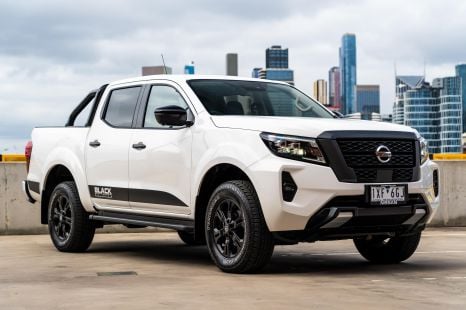

Josh Nevett
7.3
3 Days Ago
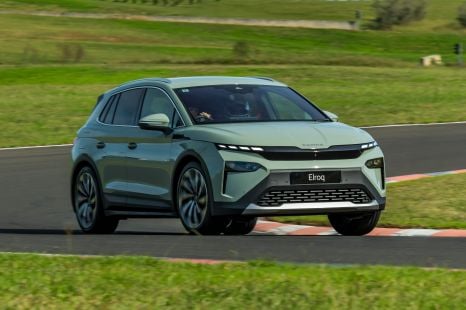

James Wong
2 Days Ago
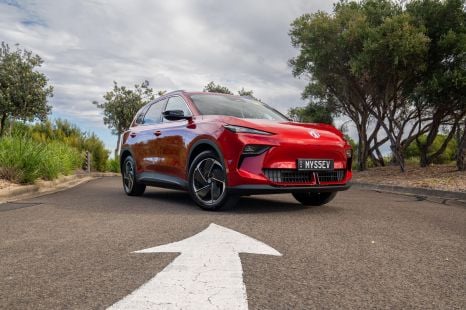

Andrew Maclean
2 Days Ago
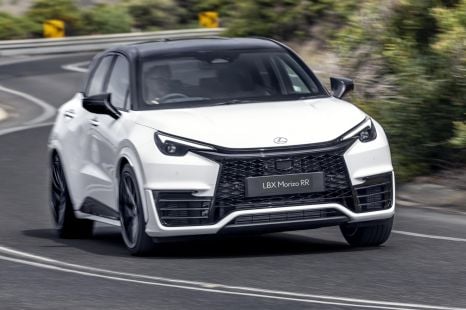

Josh Nevett
8
2 Days Ago
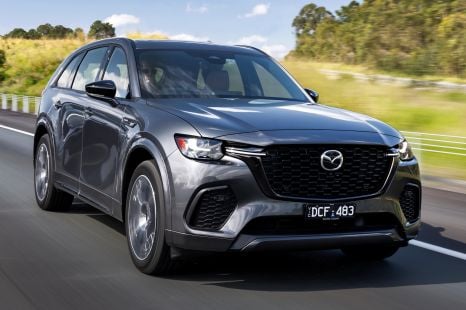

Jack Quick
7.9
21 Hours Ago